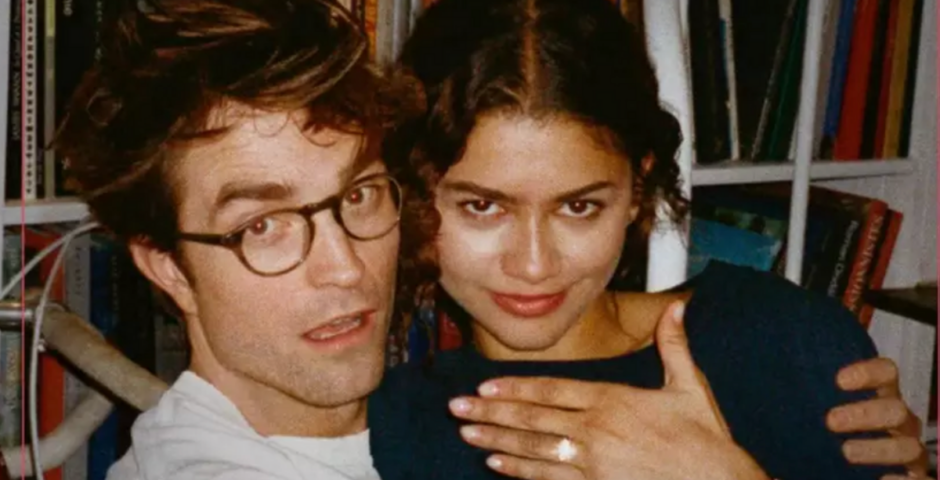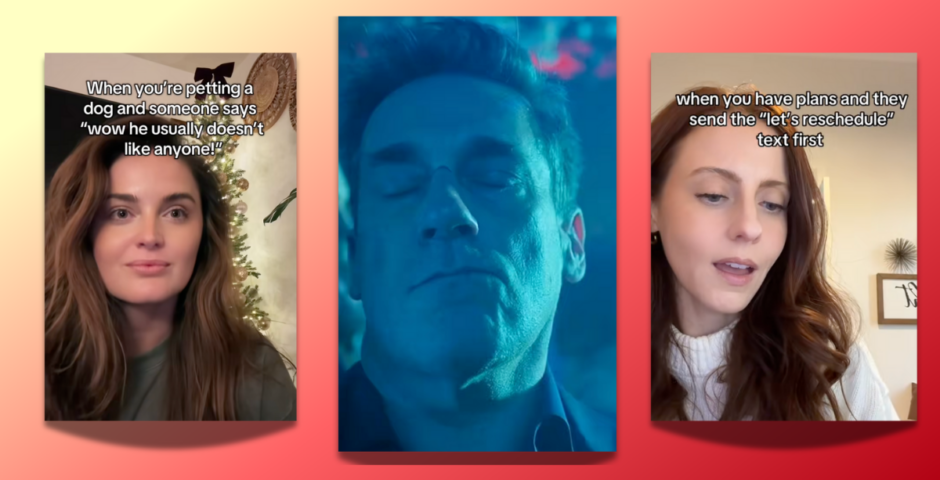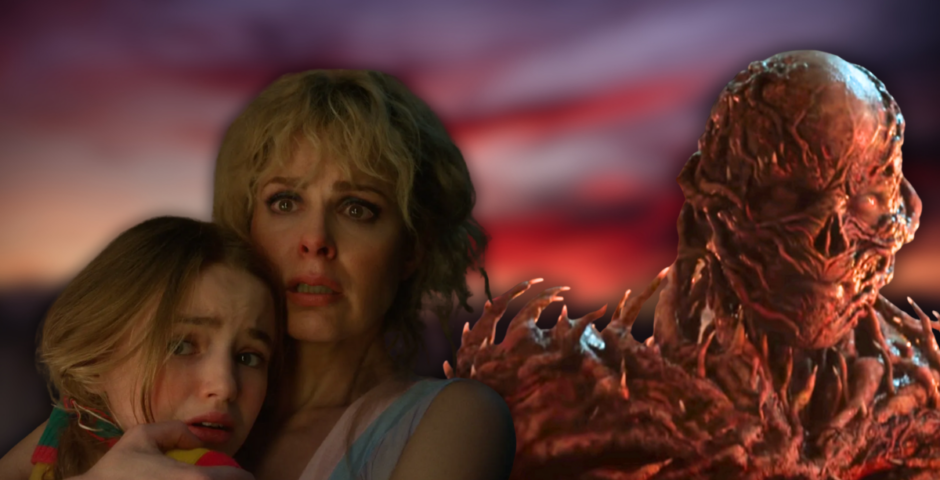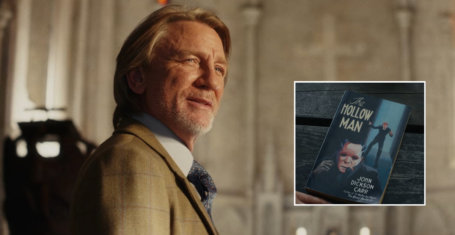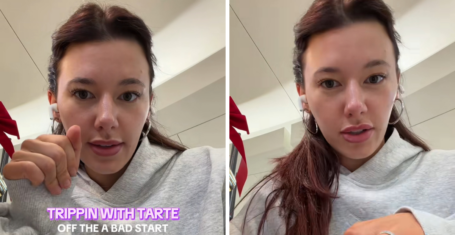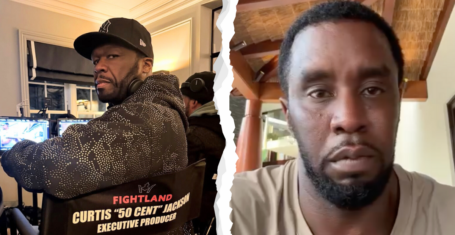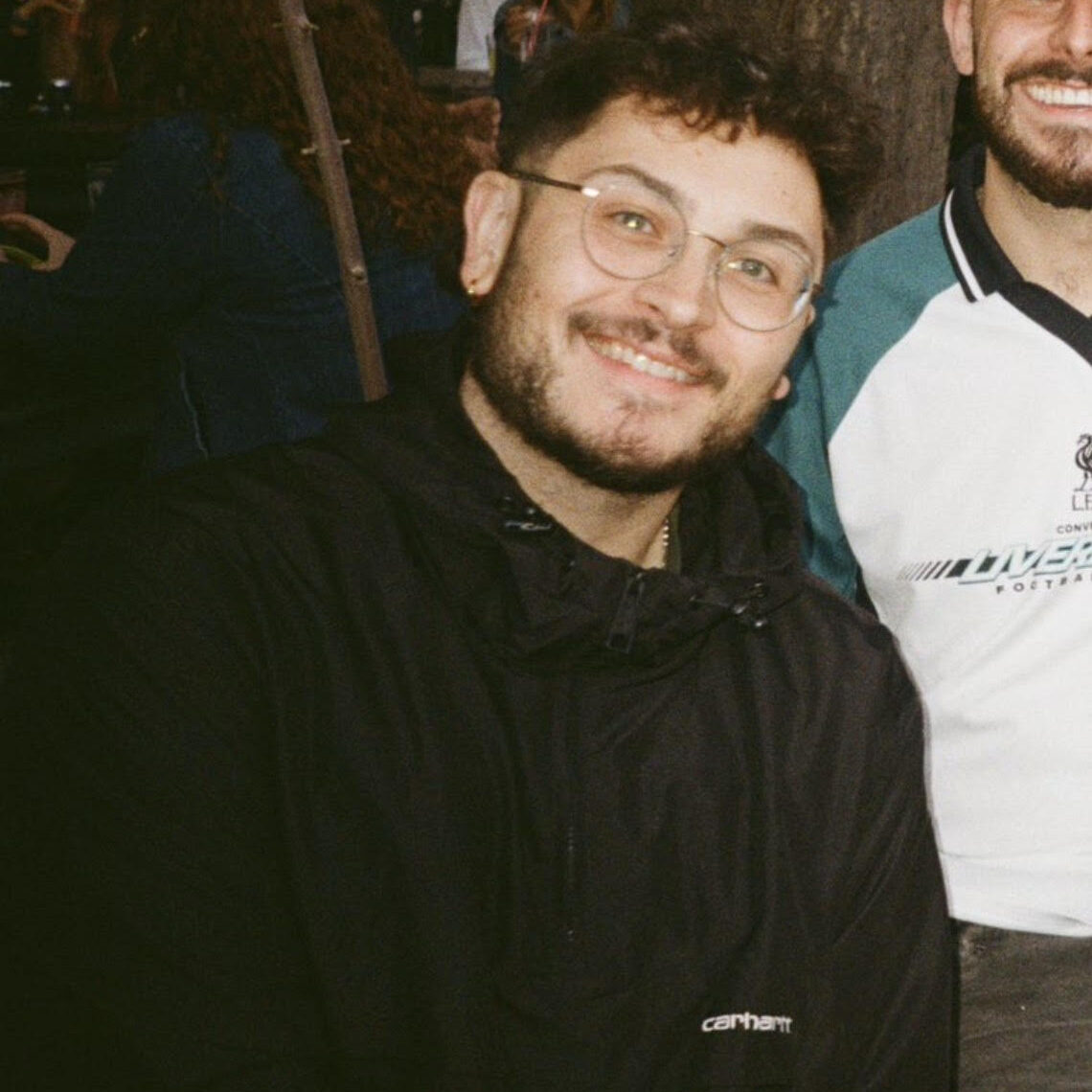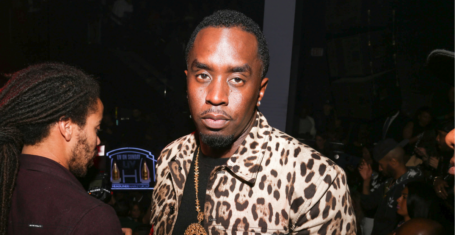
Lawsuits and compensation: What happened to Barry George after the Jill Dando trial
He was imprisoned for her murder for eight years
The murder of adored TV presenter Jill Dando has mystified experts since the tragic shooting took place in front of her own home in 1999. And now, 24 years since the unsolved murder of the 37-year-old Crimewatch host took place, the case has captivated us again with the coming of Netflix’s latest true crime documentary: Who Killed Jill Dando?
Two years after Jill was tackled to the ground and shot in the temple outside of her Fulham home, a convicted sex offender called Barry George was convicted and sentenced to life for the crime. But eight years later he was released after an appeal and a retrial. So, here’s all we know about what happened to him after he was freed:
Barry is taking part in the new Netflix documentary about Jill’s death to prove his own innocence

Credit: Netflix
Although Barry was released from prison, he says he doesn’t feel fully free as people will blame him for Jill’s murder until the police find another suspect. “I feel like I’m having to look over my shoulder all the time in case there are people following me about, or police forces potentially trying to fit me up for something else,” he told the Mirror.
Of his involvement in the Netflix series, he added: “The end game is I want to show, publicly, that there’s no way I could have done this,” adding in the documentary itself: “It makes me angry that they have taken eight years of my life away. They just basically persecuted me.”
He’d previously been imprisoned for sexual offences before Jill’s death took place
Most Read
Before he was convicted for Jill’s murder, Barry worked as a messenger at the BBC and later attempted to join the Met Police after finishing school with no qualifications. He later joined the Territorial Army in 1980 but was discharged after a year.
Ahead of the trial, Barry was diagnosed with Asperger syndrome and psychologists found he had multiple personalities. Barry would become other characters, inspired by people from real life, including “Paul Gadd”: Garry Glitter’s real name. He also became a stuntman called “Steve Majors” and tried to jump over four double-decker busses on roller skates, unsuccessfully.
In the 1980s, Barry had been discovered hiding in the bushes of Kensington Palace with a knife and a rope. He has previous convictions for attempted rape and indecent assault and before Jill’s murder had already served an accumulative 21 months in jail.
He never received compensation from the Met Police for his wrongful imprisonment

Credit: Alan Davidson/Shutterstock
In 2013, a judge turned Barry down for up to £500,000 compensation from the State for lost earnings and wrongful imprisonment. He claimed to be the victim of a “miscarriage of justice” but the judges said he was “not innocent enough” to recieve a pay-off.
He’s now 63 and lives in Ireland with his sister, Michelle Diskin Bates. “It’s quiet here,” he says in the Netflix documentary of his new life. “You’re treated like a scab in London, but you’re not here.”
Barry tried to sue News Group Newspapers over what they’d written about him

Credit: Shutterstock
A year after he was released from prison, Barry attempted to take legal action against News Group Newspapers, the owner of The Sun and News of the World at the time, for articles they’d written about him which allegedly suggested he’d killed Jill Dando.
Related stories recommended by this writer:
• Jill Dando’s house: What happened to the BBC presenter’s home after her death
• So, who killed Jill Dando? Key theories about what happened to the BBC presenter
• What Netflix doesn’t telly you in the Missing: The Lucy Blackman Case documentary
Featured image credit via Shutterstock

